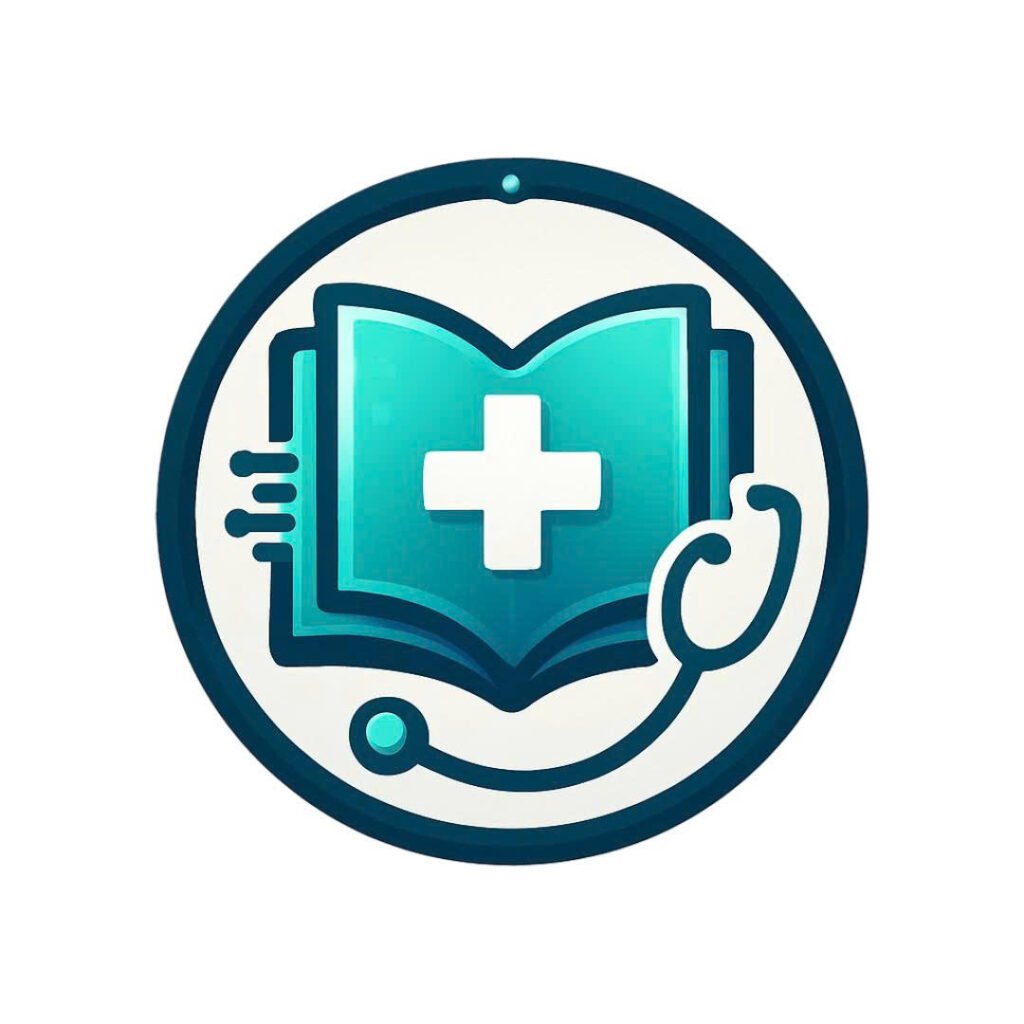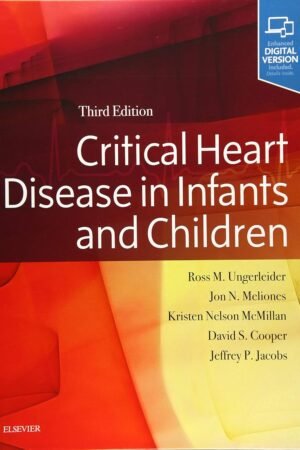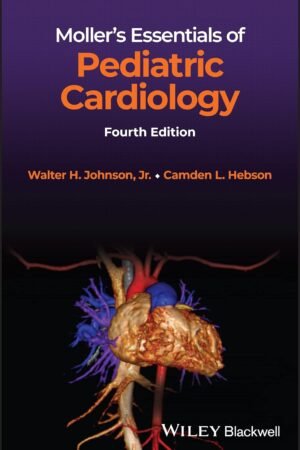AI Augmented ECG Technology PDF – Transforming Cardiac Diagnosis with Artificial Intelligence
AI Augmented ECG Technology PDF is a groundbreaking advancement in the field of cardiology, designed to enhance traditional electrocardiogram (ECG) interpretation with the power of artificial intelligence. By integrating machine learning algorithms with real-time ECG data, this innovative approach enables faster, more accurate, and more efficient diagnosis of cardiac conditions. Portable, practical, and precise, it is becoming an indispensable tool for clinicians, researchers, and healthcare providers worldwide.
Why This Technology Matters
Cardiac care often requires rapid and precise decision-making, particularly in emergency settings. Traditional ECG interpretation, while valuable, can be limited by human error and variability in expertise. AI-augmented systems provide clinicians with data-driven insights, improving diagnostic accuracy for arrhythmias, myocardial infarction, and other cardiac disorders. This technology not only optimizes patient outcomes but also supports preventive cardiology by identifying risk factors earlier.
For current guidelines and updates in cardiology, visit the American Heart Association (AHA) and the European Society of Cardiology (ESC).
Key Features of AI Augmented ECG
This advanced system includes:
-
AI-driven arrhythmia detection with high sensitivity
-
Automated ECG interpretation for faster clinical decisions
-
Cloud-based data integration and patient monitoring
-
Early warning systems for cardiac risk management
-
Portable and user-friendly devices for point-of-care use
-
Integration with electronic health records (EHRs)
-
Continuous learning algorithms that improve over time
For further resources, explore the Journal of the American College of Cardiology (JACC) and Nature Digital Medicine.
Who Can Benefit
AI Augmented ECG Technology is designed for:
-
Cardiologists and cardiac electrophysiologists
-
Emergency physicians and critical care specialists
-
General practitioners monitoring chronic cardiac patients
-
Medical researchers and data scientists in digital health
-
Healthcare systems seeking enhanced patient monitoring solutions
For complementary technologies, consult Wearable Cardiac Monitoring Devices and Machine Learning in Cardiology Research.
Learning and Application Strategies
The technology emphasizes practical, real-world application. By integrating AI with traditional ECG, clinicians can enhance diagnostic speed and reliability in both routine and emergency care. The structured algorithms and predictive analytics provide an additional layer of decision support, reducing misdiagnosis and improving workflow efficiency.
For additional educational resources, visit the National Institutes of Health (NIH) and American College of Cardiology (ACC).
Detailed Content Overview
Topics covered include:
-
Fundamentals of AI in cardiology
-
Machine learning algorithms for ECG interpretation
-
Clinical validation studies and accuracy benchmarks
-
Applications in arrhythmia, myocardial infarction, and heart failure
-
Integration with telemedicine and remote monitoring
-
Ethical considerations and data privacy in AI healthcare
-
Future directions of AI-powered cardiac diagnostics
Conclusion
AI Augmented ECG Technology represents a significant leap forward in cardiovascular medicine. By combining traditional ECG diagnostics with artificial intelligence, it empowers healthcare providers to deliver faster, safer, and more precise cardiac care. Its role in predictive cardiology and preventive healthcare continues to expand, making it an essential innovation for the future of medicine.
👉 Explore more about AI Augmented ECG Technology at FreeMedBooks and check related titles on Amazon.











